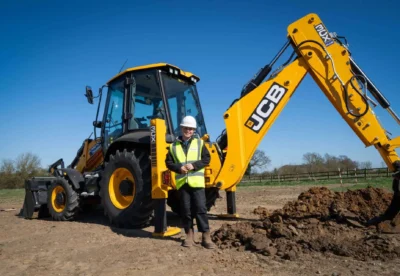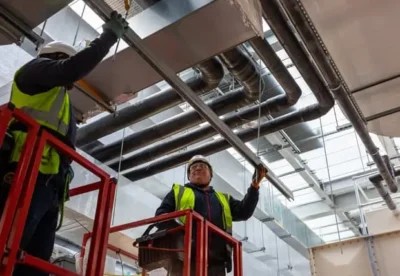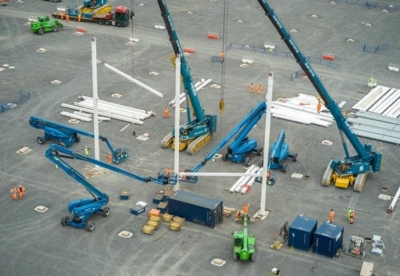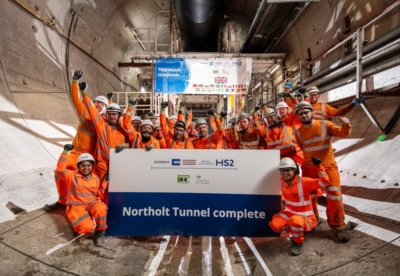The move has sparked outrage among rank-and-file electricians who are threatening to disrupt sites with a series of wildcat strikes.
But the contractors are convinced now is the time to revamp archaic pay practices which have been overtaken by technology.
The advance of prefabricated electrical components means most M&E work on site is an assembly job.
But the existing JIB deal means work still has to be carried out by a fully qualified electrician paid an hourly rate of more than £16.
The big employers – Bailey Building Services, Balfour Beatty Engineering Services, T. Clarke, Crown House Technologies, Gratte Brothers., MJN Colston, SES and SPIE Matthew Hall – want to overhaul wage rates in the industry.
It is a high risk strategy which threatens to blow apart pay deals which have been the industry standard for decades.
A weakening in the JIB deal could also cause wobbles in the Naeci engineering construction sector deal as clients and contractors push for new non-strike agreements during the construction of new nuclear reactors.
Contractors are now gambling that wildcat strike threats are just that – fighting talk from a dwindling band of old-school sparks.
But electricians are one construction trade who can cause real disruption and stoppages on high profile sites could prompt a rethink.
The M&E employers believe the unions have resisted change for too long and workers must be regraded as the industry adapts to the continuing harsh economic climate.
Skilled electricians will continue to command premium rates while simpler assembly work is paid at a lower grade.
The workforce view the move as an attack on their industry and an attempt to “de-skill” M&E work by introducing a lower paid assembler grade.
Both sides will continue to bang heads over the issue but a fundamental change in construction industrial relations is in the wind and the unions seem powerless to resist.










 (300 x 250 px) (2).png)












































